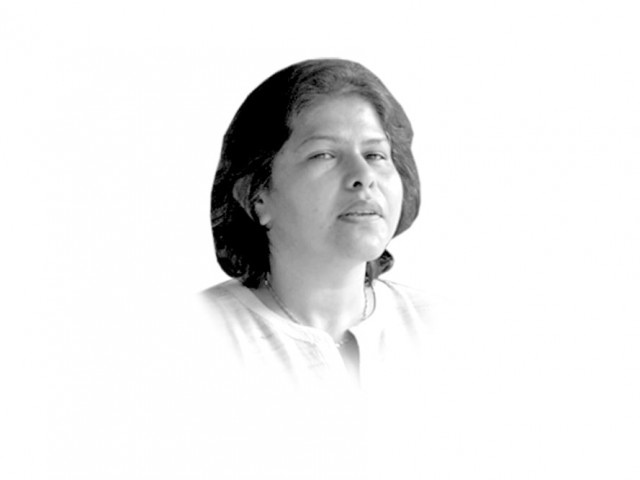The Arabs and us
WikiLeaks have done nothing beyond filling details on what we already knew. We may be wise to rethink our options.

For many Pakistani leaders, Abdullah’s words seem to give ‘holy’ sanction to their own displeasure of Zardari. And though we may be the guarantors of Saudi security against a nuclear Iran in the future, Riyadh is perceived as the primary partner in our bilateral relationship. We never even complain about the treatment of our citizens in Saudi Arabia. It is influential to the degree that a lot of Pakistani politicians are seen constantly running to Riyadh for both consultation and dictation. It certainly happened a lot more during the 1980s, the 1990s and the 2000s. It is perhaps that the current regime does not run to Saudi Arabia so much that provoked Abdullah to make the statement. The Kingdom has been an important interlocutor between Washington and Islamabad.
It’s a little known fact that relations between the two ‘sisterly/brotherly’ Islamic states have been less exciting, especially since Islamabad put its foot down over the previous Saudi ambassador’s alleged involvement in dolling money to militant outfits in Pakistan. He was packed off from the host state after he did not adhere to its sensitivity. The WikiLeaks also pointed out diplomatic chatter about Saudi Arabia continuing to support some of the militant outfits or individuals. The grapevine in Islamabad also suggests that bilateral relations might be less pleasant due to Zardari diverting greater concessions to some of the Gulf rulers versus Saudi Arabia.
On a more serious note, the Abdullah related WikiLeak cable raises the fundamental question of how the Pakistani state tends to welcome all forms of imperialism including Arab imperialism. If it is not Saudi Arabia then it is one of the Persian Gulf states whose rulers silently intervene in our politics. The favours they seem to do are not for our people, but for our corrupt leadership that tends to use these states for its personal ends. The ordinary citizen is shown no respect and is treated as some would treat those from a lower cast, or even worse.
But then why should one expect the Saudis or Gulf rulers to be sympathetic when they do not show concern for their own people? I am reminded of a book written during the 1990s by a Saudi, which talked about the short-sightedness of the royals.
Our Arab friends, who we look up to, are totally given to their own interests. One of their key interests is in our military capacity which they hope we will provide one day to counter Iran, if trouble ever erupts. Not surprisingly, WikiLeaks also talk about Riyadh encouraging Washington to fight Iran. This shouldn’t surprise anyone. Read some of the older books by Henry Kissinger and there is discussion of Riyadh under Shah Faisal being unhappy with the Arab attack on Israel in 1973. The main concern was that Egypt, Syria and others might then replace Saudi Arabia as prominent leaders of the Islamic world.
From Islamabad’s perspective, what is truly criminal is our inability to check Saudi and Gulf imperialism that represents itself through funding of militants for the sake of fighting a cold war with Iran. Pakistan’s governments hardly react to the fact that all militant organisations received funds from our Middle Eastern and Persian Gulf friends, and continue to do so. While we are more critical of Iranian money, any criticism of others is brushed under the carpet. Not to forget the fact that we are always keen to provide all sorts of ‘strategic’ help in the name of the Muslim Ummah, which probably exists in our mind but not in the minds of the leaders of many Muslim states.
The WikiLeaks have done nothing beyond filling details on what we already knew. Perhaps, we may be wise to rethink our options.
Published in The Express Tribune, December 5th, 2010.















COMMENTS
Comments are moderated and generally will be posted if they are on-topic and not abusive.
For more information, please see our Comments FAQ